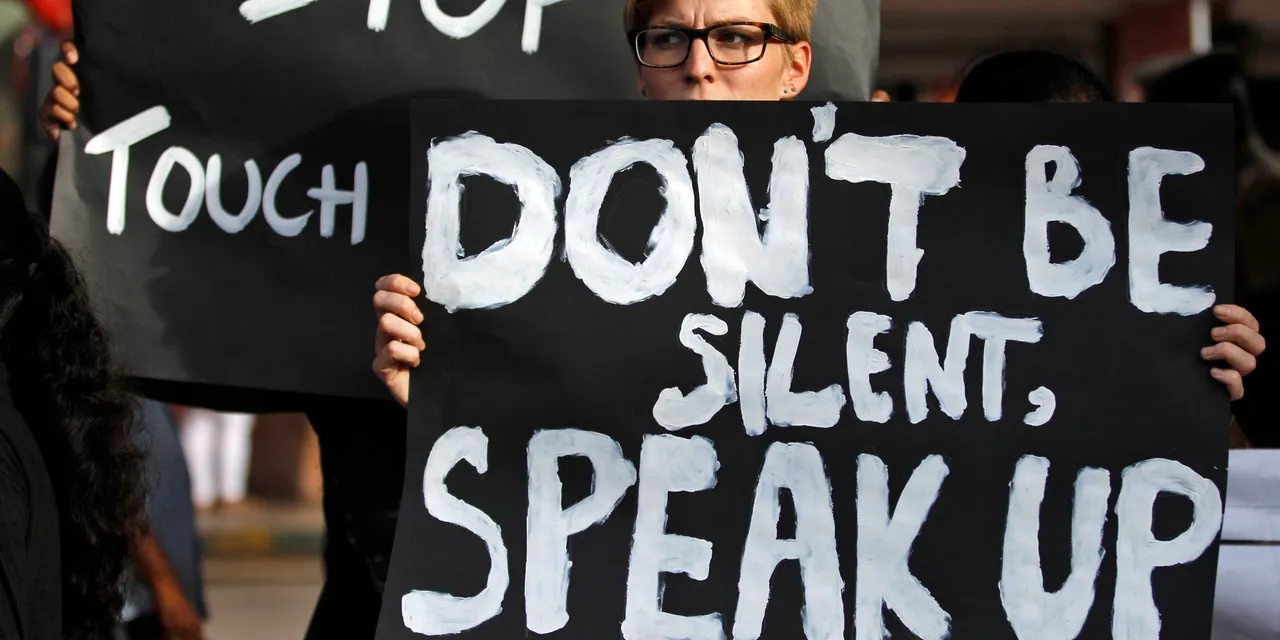#OpChangeTheWorld2 🌍 #Femicide in Canada
The militants describe as symptomatic of a "current of racism and sexism". According to Oxfam Canada calls this a "femicide epidemic". Manitoba's aboriginal affairs minister, Eric Robinson, told the Canadian Press that when he heard about Ms Fontaine's murder, his first thought was "not another one". A Royal Canadian Mounted Police (RCMP) report revealed that although aboriginal women was murder victims and a lot of missing women. The First Nation community is calling for a national inquiry into violence against aboriginal women in Canada.

Aboriginal women here in Manitoba are vulnerable, said Trudy Lavallee, executive director of Ikwe Widdjiitiwin, a crisis shelter in Winnipeg for aboriginal women at risk of violence. There are elements of racism and and aboriginal women are highest at exposed. Michèle Audette, president of the Native Women's Association of Canada, said that the government has failed to act because of an "undercurrent of racism and sexism". "If this number of women of any other group were murdered in the same time span and in such gruesome circumstances, there would be a public outcry," she said.
What is Femicide ?
In general, femicide is considered a hate crime that specifically targets women because of the misogyny or sexism felt by the perpetrator of the crime against the victim. The term was first invented at the beginning of the 19th century and was first used as a general term for referring to the murder of a woman victim. If the victim was killed because she was a woman, she is usually referred to as a femicide. The term "feminicide" is generally used on a large scale and is generally used in a similar way to "genocide", referring to mass killings of women or women simply because they are women. This can be used in a situation such as targeted killings of women in some countries, especially lesbians or poor women. A feminicide is qualified in the sense that it is specifically directed against women and is contrary to murders that target men or "viricide".
"Canada is a diverse and multicultural country, but we still have not dealt with the legacy of colonialism. You judge a country according to how it treats the most vulnerable and by this measure Canada is much lower" according to Robert Fox of Oxfam Canada .

The Native Women's Association of Canada estimates that over the past 20 years, at least more 1000 Aboriginal women across Canada have disappeared and may have been murdered. However, this sordid story is only the tip of an iceberg of racist and sexist violence that Aboriginal women's groups have long been seeing. Several other cases of disappearances, rape and murder of indigenous women attracted the attention of the media and the public only when they involved non-indigenous women as well. Some of these cases have been or are being investigated, but many others remain unexplained and are not even included in the statistics. For the media are not the only ones to treat the natives differently: police, judicial and political authorities are also guilty of this discrimination.
In general, indifference, misunderstanding and neglect characterize the interventions of the authorities. Families of missing women reported that police officers were reluctant to file a case and undertake research, as well as their contempt for victims and their families who are rarely kept informed of the development of investigations. Families also denounced, along with aboriginal women's groups, the flaws in the justice system with respect to aboriginal people.
Through the fierce struggle of Aboriginal women's organizations, situations of violence experienced by women in Aboriginal communities have become more widely known to the general public and governments over the past few years. However, forms of violence in predominantly non-indigenous settings, often fueled by racial and gender bias, have been repeatedly denounced but are not well documented and remain unrecognized. That is why the Native Women's Association of Canada (NWAC), a group of organizations representing Métis women, undertook the Sisters of Mind campaign .

NWAC believes that raising awareness in Canadian society about this phenomenon is an important first step towards change. Its objectives are to educate the public about the causes of violence experienced by indigenous women and to organize workshops on the disappeared and their families. In addition, he developed a research project to document the number of disappearances and killings and the circumstances surrounding them, in order to pay tribute and justice to the disappeared. A report, based on extensive research, testimonies from Aboriginal organizations and nine case studies from a few western Canadian cities, demonstrates the difficulties encountered in assessing the extent and characteristics of violence and confirms the urgent need for to identify and document violence against Aboriginal women.
Historical Burden
Despite the gray areas, Amnesty is categorical: "Regardless of the exact number of women murdered or missing, their fate has in any case not received sufficient attention from Canadian authorities." The organization reminds the Canadian government of its obligation to ensure respect for the human rights of its citizens and, in particular, to eliminate all forms of discrimination against women. It also made concrete recommendations on police and judicial personnel, the funding of studies and front-line services and the implementation of measures to combat the marginalization of indigenous women.
The Report highlights the impact of centuries of racism, colonialism and institutional violence on First Nations as factors contributing to the vulnerability of Aboriginal women. Amnesty denounces government policies to assimilate and exploit First Nations such as the Indian Act, enroll children in residential schools outside the community, and control their lands and resources. "All of these policies have resulted in an erosion of Aboriginal culture, the uprooting of generations of Aboriginal women, the separation of children from their parents, and a cycle of poverty, despair and disrespect that continues to affect many Aboriginal families, "
Cultural Violence Against Women - A growing problem in Canada 's immigrant communities
The Canadian Domestic Homicide Prevention Initiative (CDHI) is an online information repository that presents annual reports of committees to review the death of domestic violence in Canada and abroad; public inquiry reports; information and research on special topics related to domestic homicides such as risk assessment, risk management and security planning, and issues related to vulnerable populations (Aboriginal women and girls, children exposed to violence domestic, immigrants, refugees and newcomers, rural, northern and remote communities, and women with disabilities and deaf); national, provincial and international research on domestic homicides; and learning opportunities (eg, how to implement a Family Violence Death Review Committee).
Read :
Ontario Femicide List PDF : http://www.oaith.ca/assets/files/pdfs/OAITH%20Femicide%20List%20Final%202014-v2.pdf
Woman killing: Intimate femicide in Ontario : https://www.researchgate.net/publication/288867981_Woman_killing_Intimate_femicide_in_Ontario_1974-1994
Canada's 'femicide epidemic' brings calls for inquiry : http://www.independent.co.uk/news/world/americas/canadas-femicide-epidemic-brings-calls-for-inquiry-9687855.html
25 years of femicide PDF : http://www.oaith.ca/assets/files/OAITH%201990-2015%2025%20Years%20of%20Femicide.pdf
Canada abandons Aboriginal women to their fate : https://www.ababord.org/Le-Canada-abandonne-les-femmes
Indian Act : http://www.thecanadianencyclopedia.ca/en/article/indian-act/
That all his women rest in peace we have not the white hand... Shameful Canada